An attribute is the most appropriate emblem to distinguish an icon of a deity-without which an image remains incomplete. It is artist’s imagination that takes a concrete shape to arouse consciousness to the existence of divinity. In this artistic composition, motifs are the constituent features for embellishments that manifest some kind of divinity. This book in its four sections presents a comprehensive study on the stylistic and typological evolution of images, attributes and motifs in early Indian art and numismatics. In section one, the author focuses attention on the iconology and significance of two-armed images of Ganesa whose sculptural depictions in faiva temples represent his semi-divine status. The study reveals that such forms have a wide occurrence in sculptural art either independently or in association with other Hindu deities. Section two which traces the origin, morphology and typological evolution of vajra as a weapon or a motif in early Indian art and numismatics, also narrates its literary and sculptural association with Hindu, Buddhist and Jaina deities. From her study it appears that the delineation of vajra is both, functional and decorative, depending on the concept of artists through the ages. Third section of the book discusses the wide archaeological evidence of terracotta art forms which were created both as an important item of everyday use as well as a popular craft to meet the demands of rural, semi-rural and urban classes. Significantly it shows that the terracotta art traditions continue along with newly acquired fashions and models as the continuity and change mark the course of development in Indian culture. The study of early coin motifs forms the subject matter for section four which helps to unveil the origin, development and transformation of various symbols and iconographic forms of various pantheons, apart from sociological aspects reflected in dresses, ornaments, furnitures, arms, weapons, musical instuments etc., depicted on the coins indicating a coveted social life and propensities of the ruled. The book contains appendix, exhaustive bibliography, an index besides a map, line drawings and 311 photographic illustrations.
Ratnasri: Gleanings from Indian Archaeology Art History and Indology
This book contains ...
$177.30
$197.00


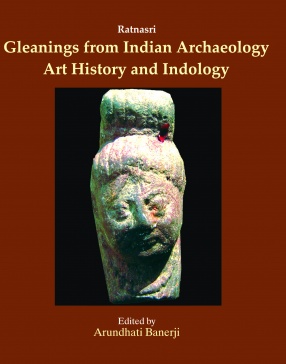
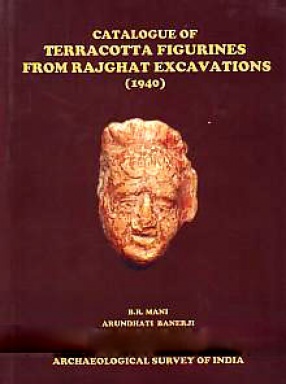
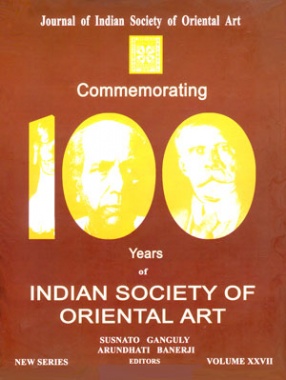
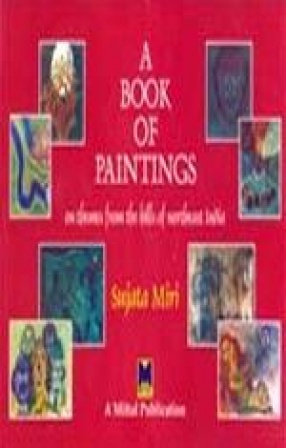
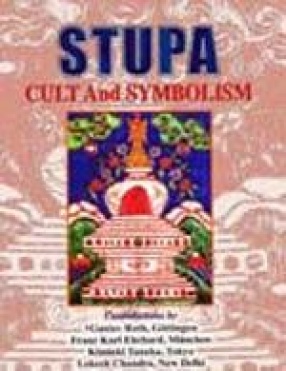
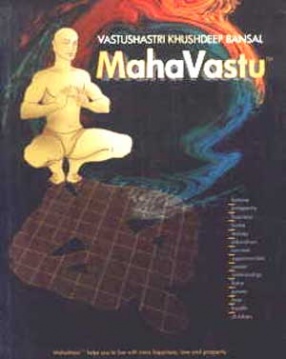
There are no reviews yet.